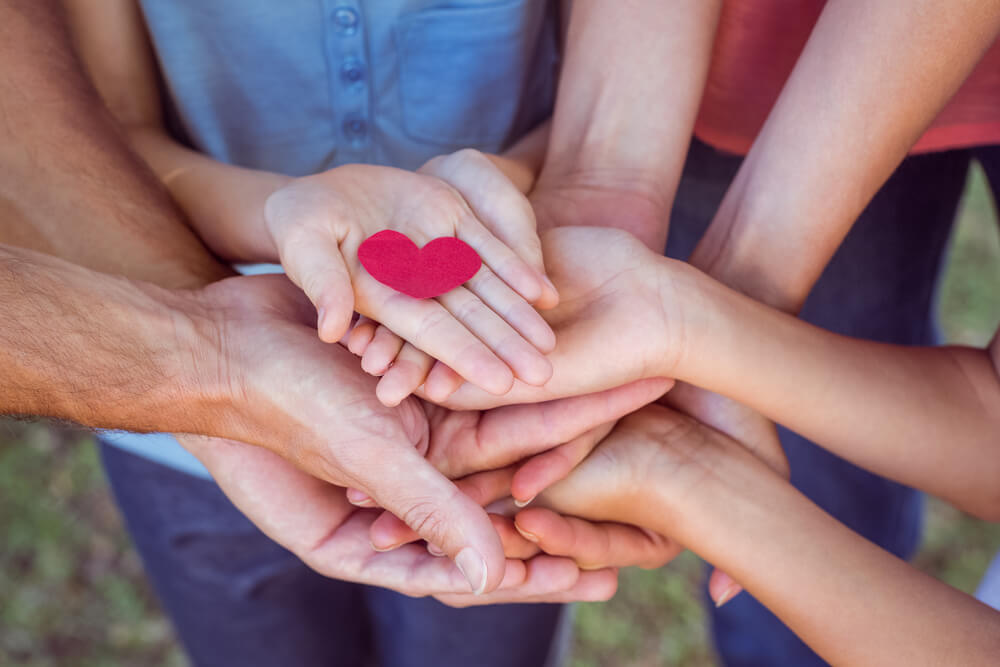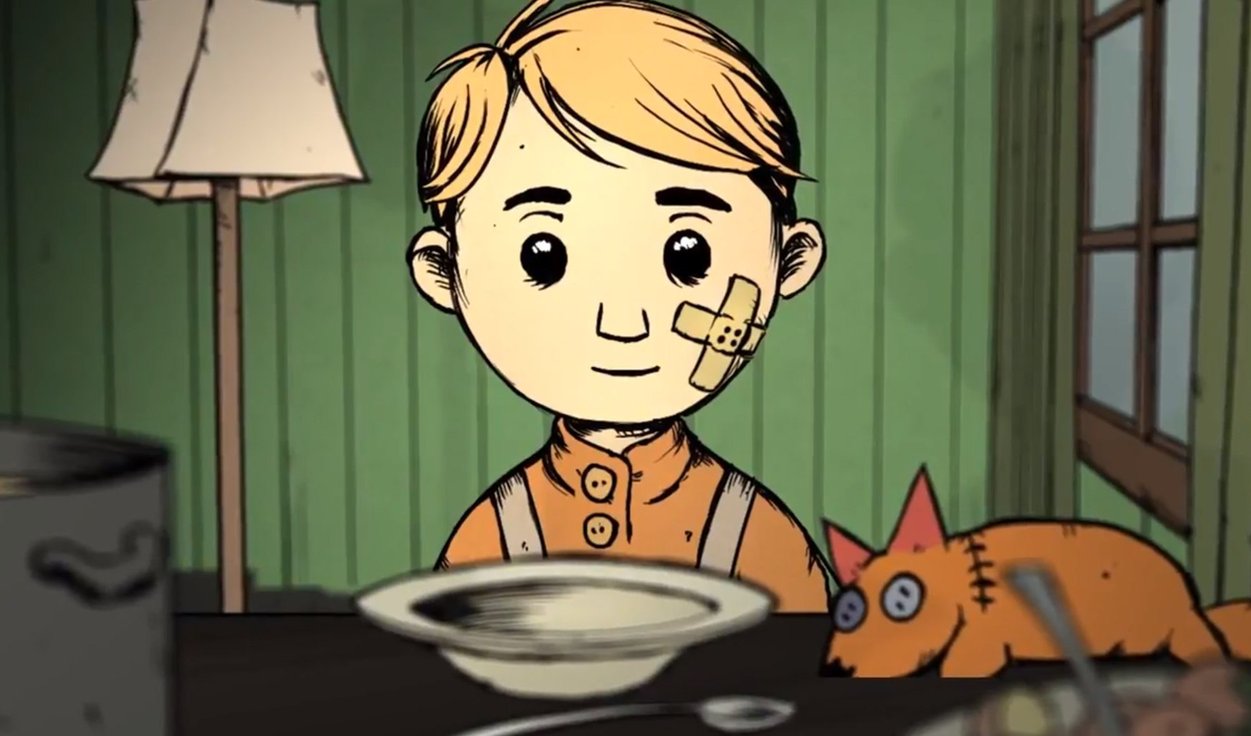Exploring Baby Dreams: From Womb to Early Childhood
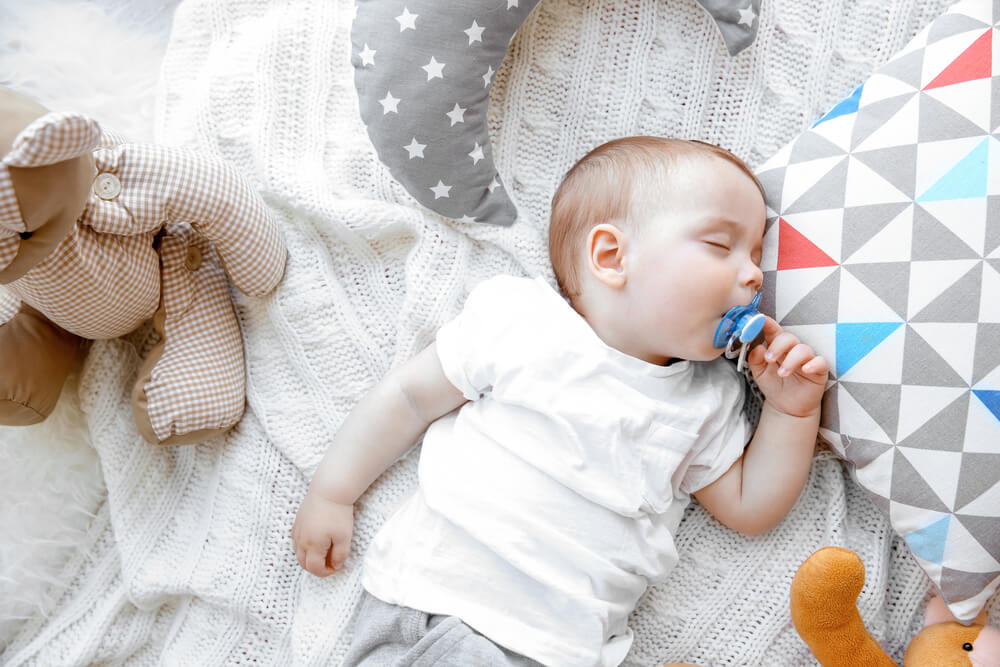
When you’re the parent of a little baby, you naturally have a lot of questions. One of those questions could be “Do babies dream?” Then, there are all the other related questions that come along with that, like “What do babies dream about?” and “Can babies have nightmares?”
This guide provides the answers.
Contents:
Do Babies Dream?
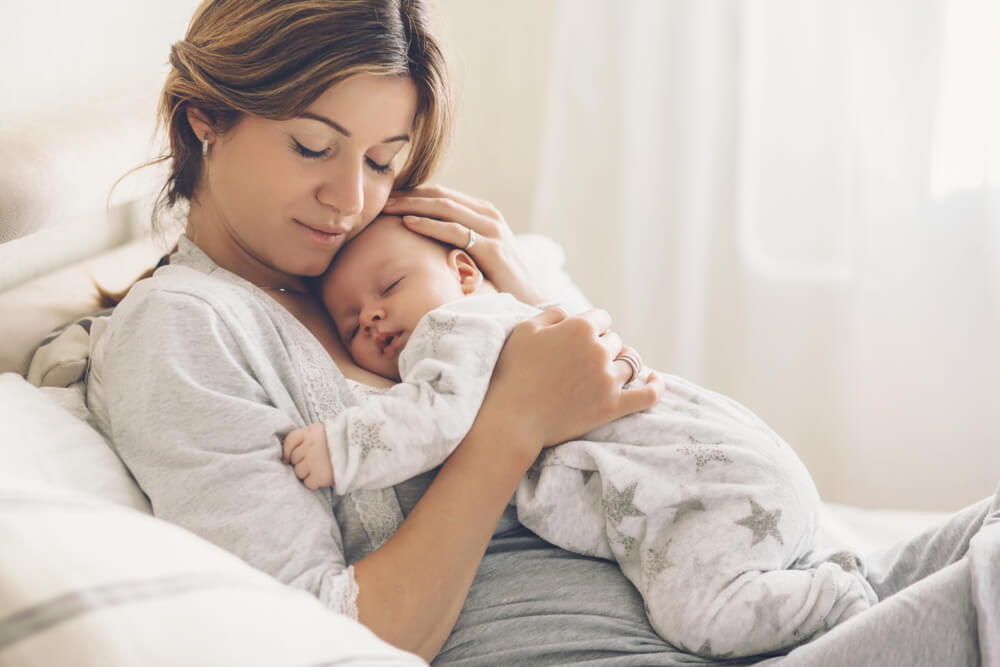
Alena Ozerova/Shutterstock.com
First, let’s focus on the titular question: “Do babies dream?”
It’s a hard question to answer, and different experts will give you different responses.
Scientists have found that babies spend lots of time in the REM (rapid eye movement) sleep cycle, which is where dreams usually occur. However, they can’t definitely prove, one way or another, whether babies actually have dreams.
With that said, many experts agree that babies most likely do not dream, even in REM sleep, and even when they make little movements, cry out, or seem to be acting as though they’re in a dream. Instead, their brains are simply using this time to develop and grow.
When Do Babies Start Dreaming?
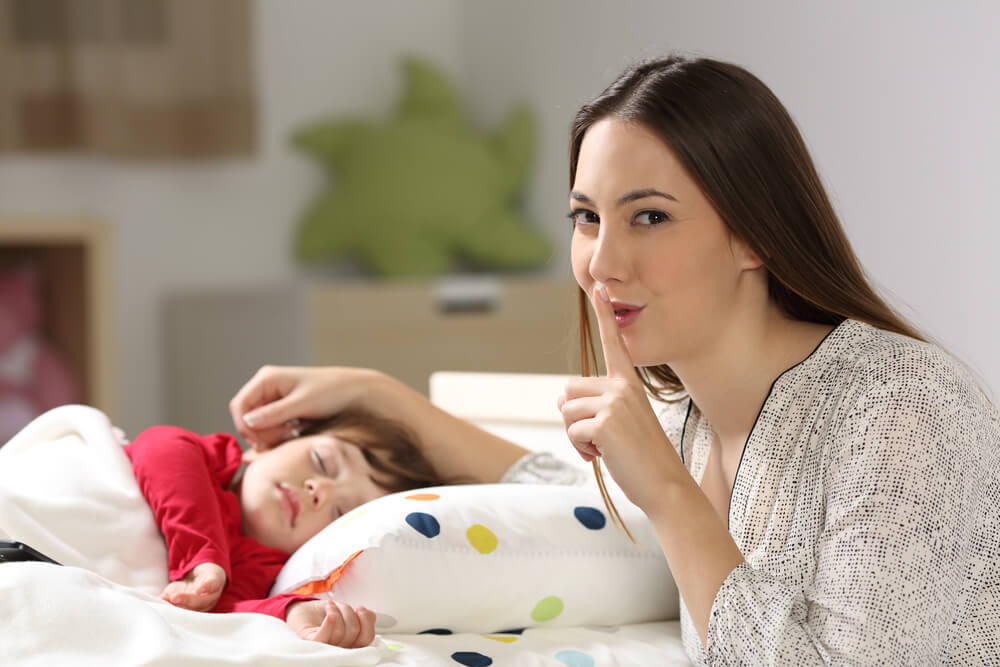
Antonio Guillem/Shutterstock.com
So, if babies don’t start dreaming when they’re newborns, when do the first dreams appear?
Again, this isn’t a question with a definitive 100% proven answer. However, most scientists tend to agree that dreams start from the age of two. By this stage, the brain is developed enough for dreams to happen, and it’s easier to see and measure the way children of this age sleep, so we can more easily see the telltale signs of dreams in their behavior and sleep patterns.
How Babies Sleep
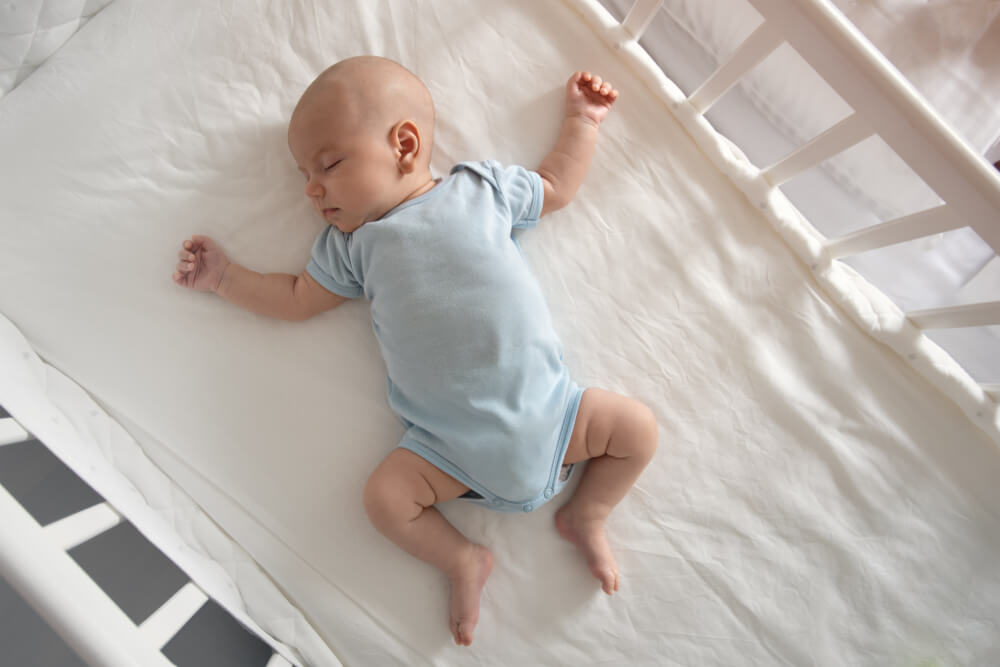
Ruslan Galiullin/Shutterstock.com
To understand more about why babies most likely don’t dream, it’s important to be aware of their sleep cycles. Compared to older kids and adults, babies have quite a unique way of sleeping.
They first enter a light sleep, and then progress into the REM phrase. This is also known as active sleep, as the body is resting, but the brain is very active. As stated above, in older kids and adults, this is the phase where people tend to have dreams.
However, in infants, the REM phase is when the brain is building itself up, developing new pathways and connections that help the child slowly build up towards those big milestones, like speech and language comprehension.
Babies and Circadian Rhythms
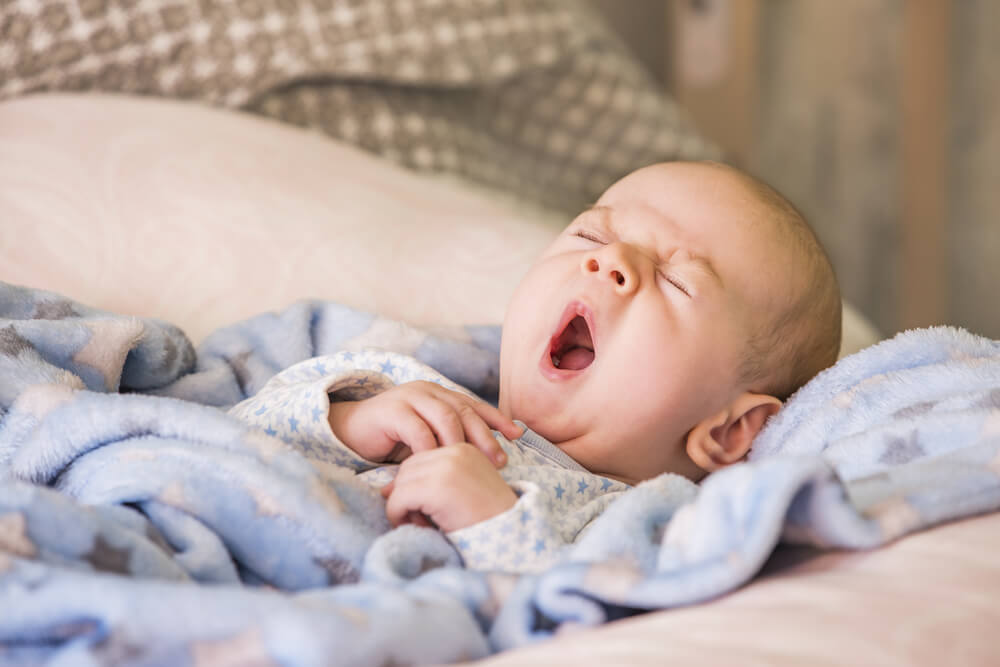
Andrii Orlov/Shutterstock.com
When they’re still very young, babies’ sleep doesn’t follow the same kind of strict circadian rhythms as it would in an older child or a grown-up.
In fact, baby sleep cycles are dramatically shorter than adults—about half the length, to be precise. This is because babies get hungry often and need short sleep cycles so they can feed regularly.
It’s only with time, as the baby gets older and less in need of constant checks and feeds, that it can enter more of a deep sleep and adopt the kind of circadian rhythms of older humans.
The Cognitive Abilities of Newborns
Newborns are still developing their cognitive skills, and their brains are continuously processing new information. Although their ability to recall specific past events is highly unlikely, they do have a remarkable capacity to form memories of sensory experiences that they encounter during their waking hours.
The Role of Sleep in Memory
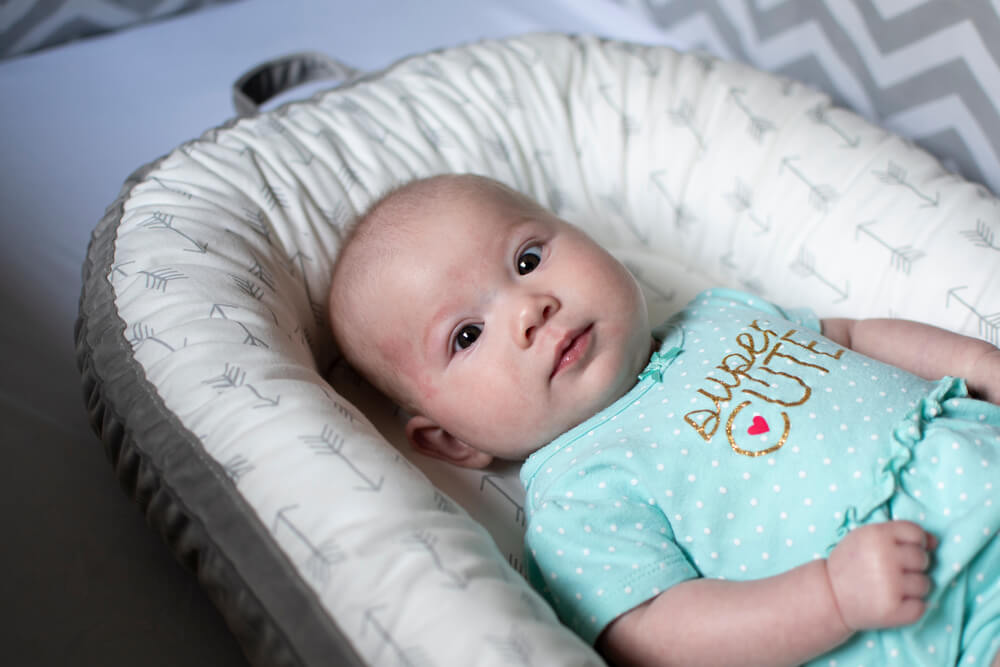
Ana Sha/Shutterstock.com
When babies are in their slumbering state, you might notice a twitch or a smile. These actions could be linked to their brain’s efforts to process and store information. Although it is highly unlikely for a newborn to dream in the way adults do, their sleep is critical for processing and storing memories.
Dreaming and Development
As children grow from newborns to preschool age, their cognitive abilities improve, and their sleep patterns change. By the time they are weeks or months old, they start to show more signs of active sleep. This is a period when the brain processes the day’s sensory input and begins to create the framework for future thought processing.
The Importance of Sleep Environment
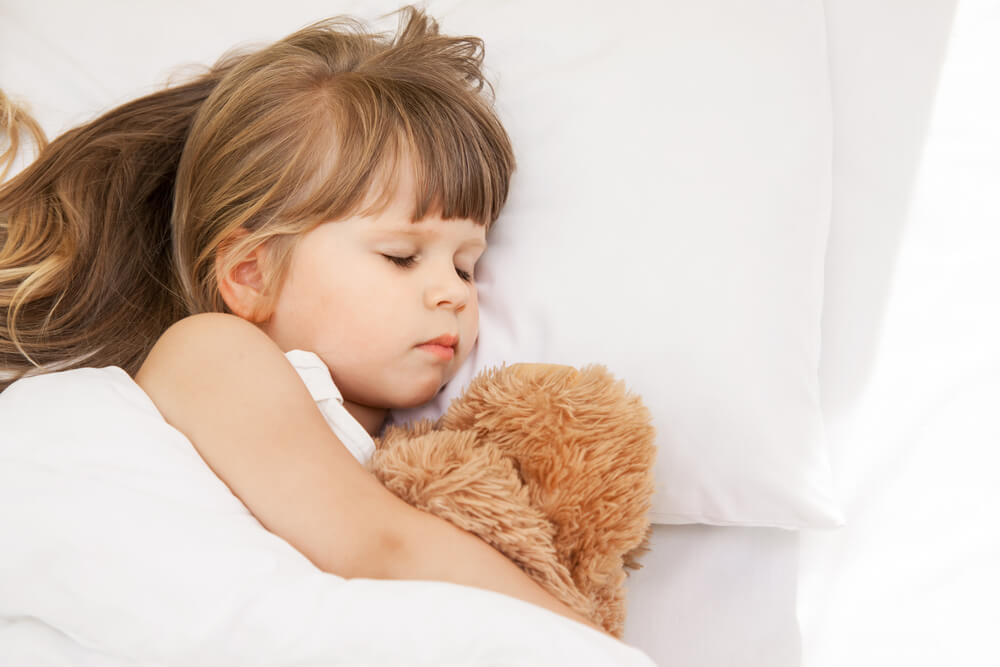
Iryna Pospikh/Shutterstock.com
Creating a comfortable and safe bed for your baby can ensure they get the restful sleep they need. Researchers recommend paying attention to your baby’s sensory environment to help them feel secure as they drift off to sleep.
Twitching and Sleeping Patterns
Babies might twitch or move while they sleep. These movements can be a sign that their brains are actively processing the sensory inputs they have experienced while awake. Although they can’t recall these past events or imagine new scenarios, their sleep is essential for their cognitive development.
What Do Babies Dream About?
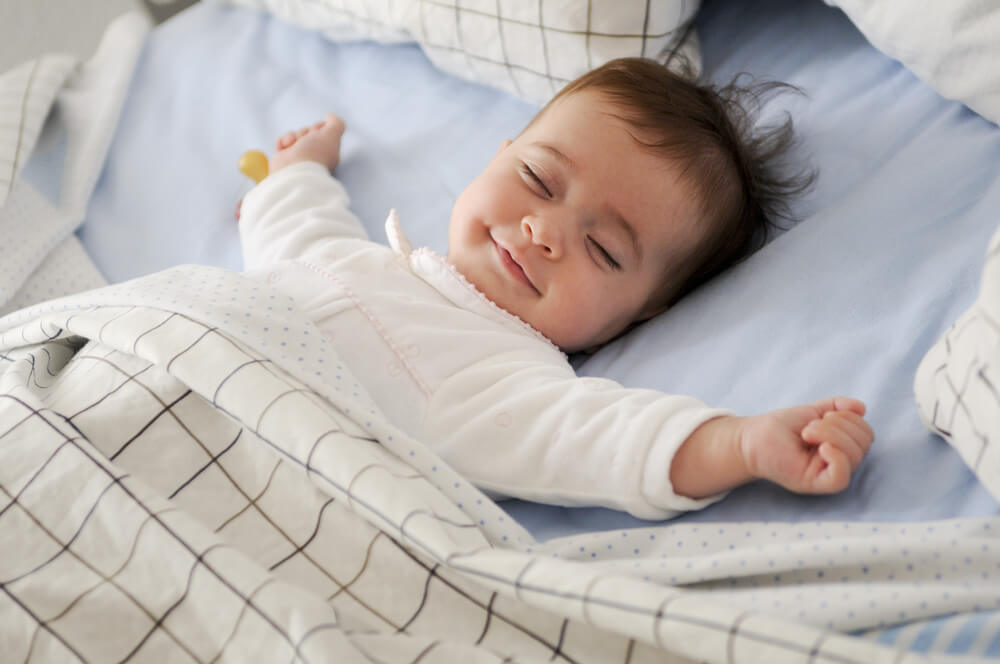
javi_indy/Shutterstock.com
Since babies don’t really seem to dream, we can’t say that they dream about anything in particular.
Even when you see them twitching and moving about in their sleep, it’s easy to think they might be dreaming of food or their parents, but those are most likely just involuntary bodily movements as their brains develop and strengthen.
As they get older, from age two and above, babies and toddlers may start to dream about all sorts of things. Their dreams may be mostly simple, as they lack the emotional maturity and language complexity of older children, so could revolve around people they know, food, animals, and familiar scenes.
Do Babies Have Nightmares?
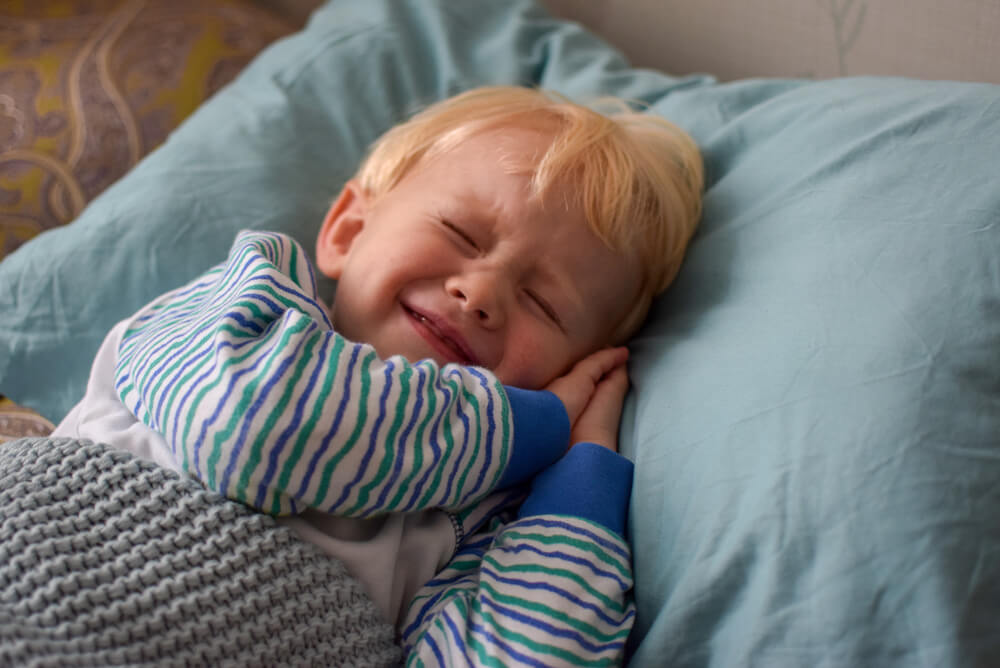
klioli/Shutterstock.com
There’s no need to worry about little babies having nightmares, as scientists are generally in agreement that they don’t have dreams of any kind.
However, nightmares may begin from age two, and could last for several years. They may vary in nature, and could revolve around some scary subjects, like monsters or being chased. Parents can seek advice from doctors and therapists if their young children seem to suffer recurring nightmares.
Related: Toddler Night Terrors: Causes, Symptoms, and Treatments.
In young babies though, there’s no cause for concern. Even if your little one wakes up in tears, it doesn’t mean they had a nightmare. It’s just part of their sleep cycle, or may mean that they have a dirty diaper or are feeling hungry.
As your child grows, they will spend more time awake with peers rather than sleeping next to you. Prepare for this period in advance to ensure your child’s safety! Get to know the Findmykids app today.
Baby Dreams: A Mysterious Phenomenon
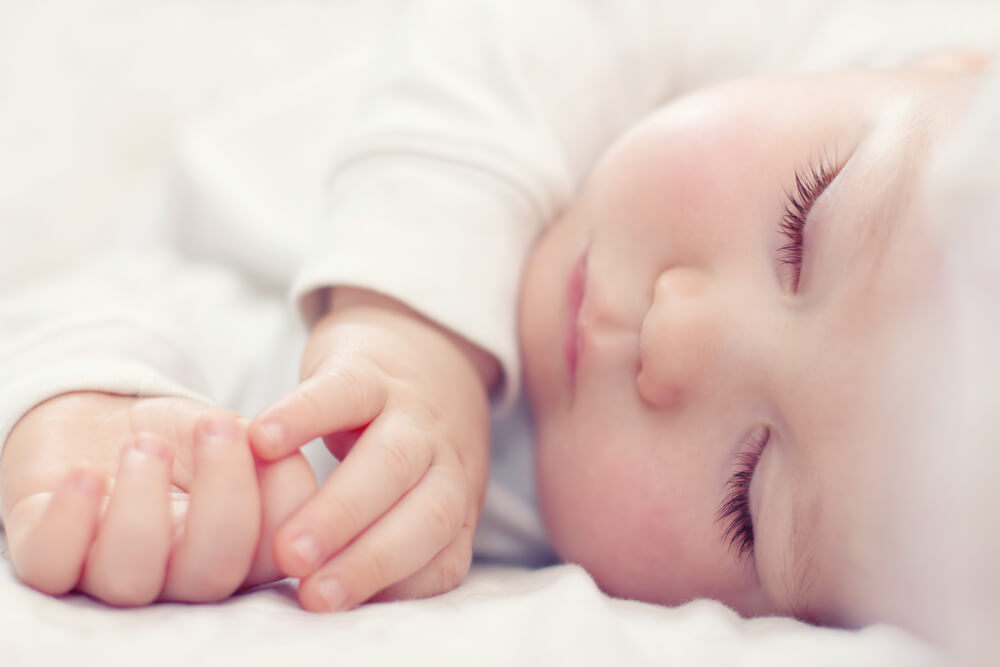
Olesia Bilkei/Shutterstock.com
So, in truth, we can’t be entirely sure about if babies dream or what they might dream about. It’s one of those great mysteries of life, as we can’t ask babies to tell us the answer or peek inside their minds and see what they’re seeing.
However, studies suggest that dreams definitely start occurring from around the age of two onwards, and could possibly start much earlier.
While it’s highly unlikely that babies dream in the same way older children and adults do, their sleep plays a critical role in processing sensory experiences and developing cognitive functions. Observing your newborn as they sleep can provide clues to their brain’s activity, even if they can’t form clear thoughts or imagine detailed dreams just yet.
Share this guide around to let other moms and dads know about their baby’s sleep and dreams!
FAQs
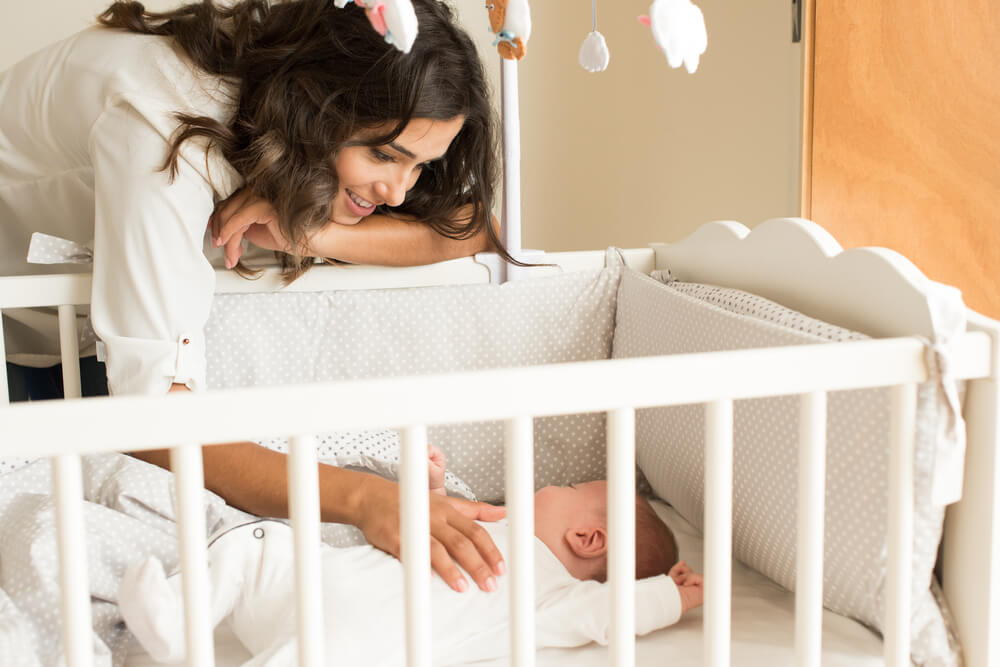
Trendsetter Images/Shutterstock.com
Do Babies Dream in the Womb?
It’s certainly possible that babies dream in the womb, as scientists have found that rapid eye movement, or REM sleep begins from the 23rd week of development. However, it’s impossible to truly know one way or another whether babies dream, as we can’t ask them to tell us.
Do Babies Dream and Have Nightmares?
Opinions are mixed on the topic. Some say that babies can indeed dream and even have nightmares, but many experts say that dreams don’t truly start in earnest until a child is around two years of age, and nightmares may also start at this age.
At What Age Do Babies Start Dreaming?
Many experts say that dreams start around the age of two. Before that point, babies have a slightly different sleep cycle to humans of other ages, and sleep is much more about developing their brains and neural pathways, rather than dreaming.
What Do Babies Dream About When They Cry?
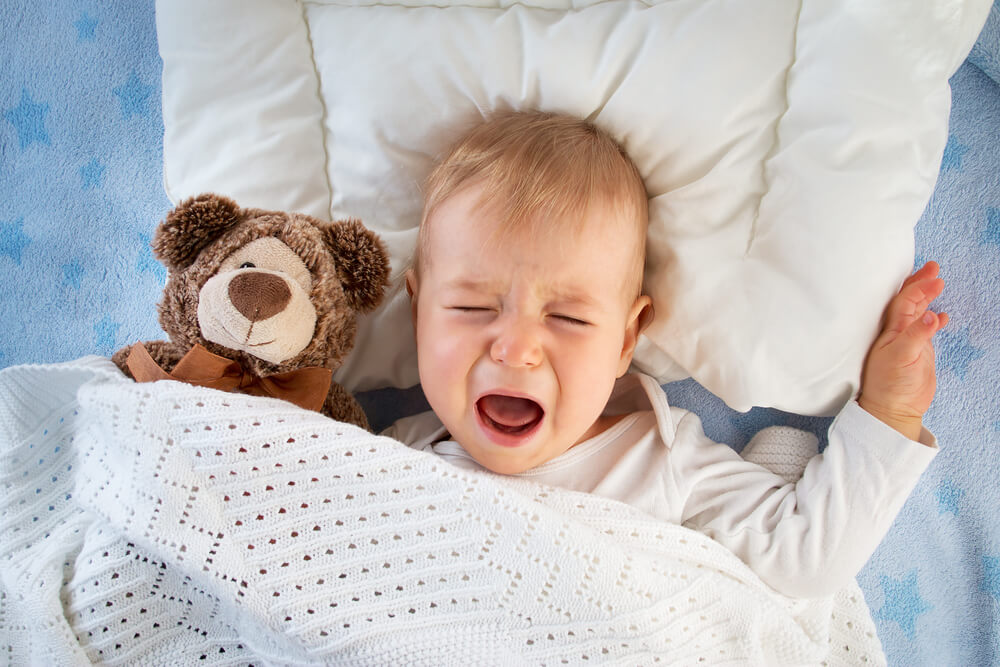
LeManna/Shutterstock.com
Babies who wake up crying may not necessarily be having any dreams at all. They may just cry because of some other reason, like discomfort, being too hot or too cold, being hungry, or having a full diaper.
Why Do Babies Cry in Sleep?
There are lots of reasons why babies can cry in their sleep, such as discomfort. Crying often occurs in very young infants because they have such short sleep cycles, lasting less than an hour each. The crying often indicates the end of one cycle and the start of another.
Do Babies Have Thoughts?
Studies of babies have found that they do indeed think right from the moment they’re born. They experience what scientists call “protothoughts,” which are the most basic kinds of thoughts, based entirely on feelings and sensations, rather than words, images, and ideas like older kids and adults.
While it is highly unlikely that babies can form coherent thoughts or imagine complex new scenarios while they are asleep, researchers suggest that their brains are actively processing the day’s events. Even though these memories are not as clear or detailed as those in older children or adults, they are still an important part of a baby’s brain development.
The picture on the front page: Africa Studio/Shutterstock.com
Проверьте электронный ящик














